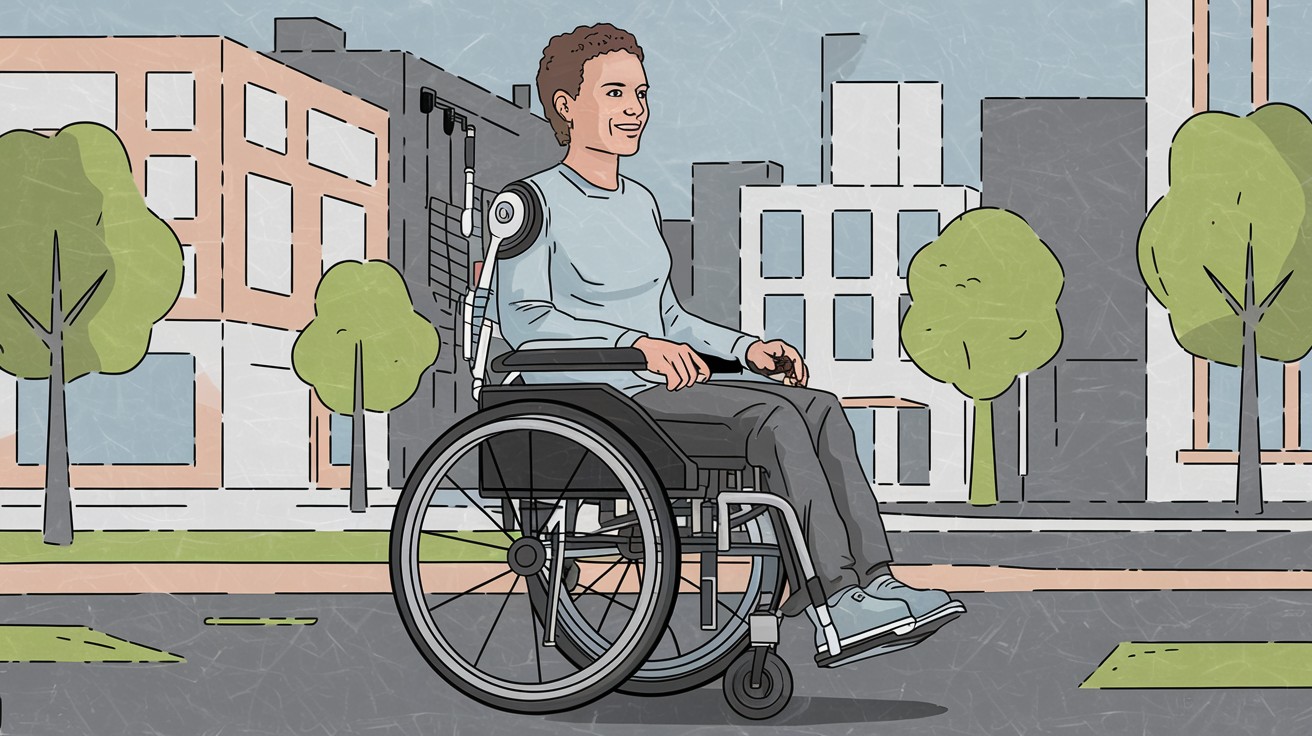
Trexo Robotics : 100 millions de pas vers l’autonomie
Imaginez un instant : vous êtes atteint d'une maladie ou d'un handicap qui vous empêche de marcher. Votre indépendance est limitée, votre moral en prend un coup. Mais soudain, tel un super-héros, vous enfilez un exosquelette robotisé qui vous permet de vous tenir debout et de faire vos premiers pas depuis longtemps. C'est la réalité rendue possible par Trexo Robotics, une startup canadienne qui redonne espoir et autonomie aux personnes à mobilité réduite.
Trexo Robotics : la révolution de la mobilité assistée
Fondée en 2016 par Manmeet Maggu et Rahul Udasi, deux ingénieurs en mécatronique diplômés de l'Université de Waterloo, Trexo Robotics est née d'une histoire personnelle. Quand Manmeet a appris que son neveu Praneit, atteint de paralysie cérébrale, ne pourrait peut-être jamais marcher, il s'est mis en quête d'une solution. Hélas, la plupart des exosquelettes existants étaient conçus pour des adultes.
Undaunted, Manmeet and Rahul decided to create their own pediatric robotic exoskeleton. The result is the Trexo, a pair of robotic legs built around an external walker frame. When a person's legs are attached to the exoskeleton, they can move independently while being supported, allowing them to exercise and build strength. The device is intended to assist those with cerebral palsy, spinal muscular atrophy, muscular dystrophy, brain injuries, and other conditions affecting leg mobility.
100 million steps towards independence
In November 2024, Trexo Robotics proudly announced that its users had collectively taken over 100 million steps with the assistance of their robotic exoskeletons. This incredible milestone represents immense progress for countless individuals.
"The 100 million steps milestone was not something I thought about as a goal, we wanted kids to take as many steps as they could. It's amazing, each kid starting with one step and going after their own goals, has added up to an unbelievable number."
– Rahul Udasi, CTO of Trexo Robotics
Among the many success stories is 10-year-old Mitch, who has an undiagnosed rare genetic disorder. On his own, he accounted for over 2 million of the total steps taken with Trexo. Another user, Alex, went from taking just 30 steps at a time with a manual walker to an incredible 4,000 steps using the robotic exoskeleton.
A life-changing technology
The impact of Trexo's robotic legs goes far beyond just a step count. For people who have spent most of their lives in wheelchairs, the ability to stand up and walk on their own is transformative. It provides physical benefits like improved circulation, bone density, and muscle strength. But perhaps more importantly, it offers mental and emotional benefits - greater independence, confidence, and a new lease on life.
While the Trexo exoskeleton comes with a steep price tag of around $35,000 to $40,000 CAD, the startup offers 36-month leasing plans to make the technology more accessible. They also provide comprehensive support, including a training video call and regular check-ins.
The future of mobility is robotic
As Trexo Robotics continues to grow and innovate, they are paving the way for a future where advanced assistive technologies are the norm rather than the exception. Their work is not just improving individual lives, but reshaping societal perceptions of disability and what is possible.
In a world where technology is often criticized for creating distance between people, companies like Trexo Robotics remind us of its profound potential to unite and empower. Every step taken with their robotic exoskeletons is a step towards a more inclusive, more hopeful future for all.
- Trexo's pediatric exoskeleton is the first of its kind
- 100 million assisted steps and counting
- Improving physical and mental health for people with disabilities
So let's celebrate Trexo Robotics and the 100 million steps they've enabled. But more than that, let's support and champion their mission. Because in a world that can often feel limiting, they are proof that with compassion, innovation, and determination, there are no barriers too great to overcome.









